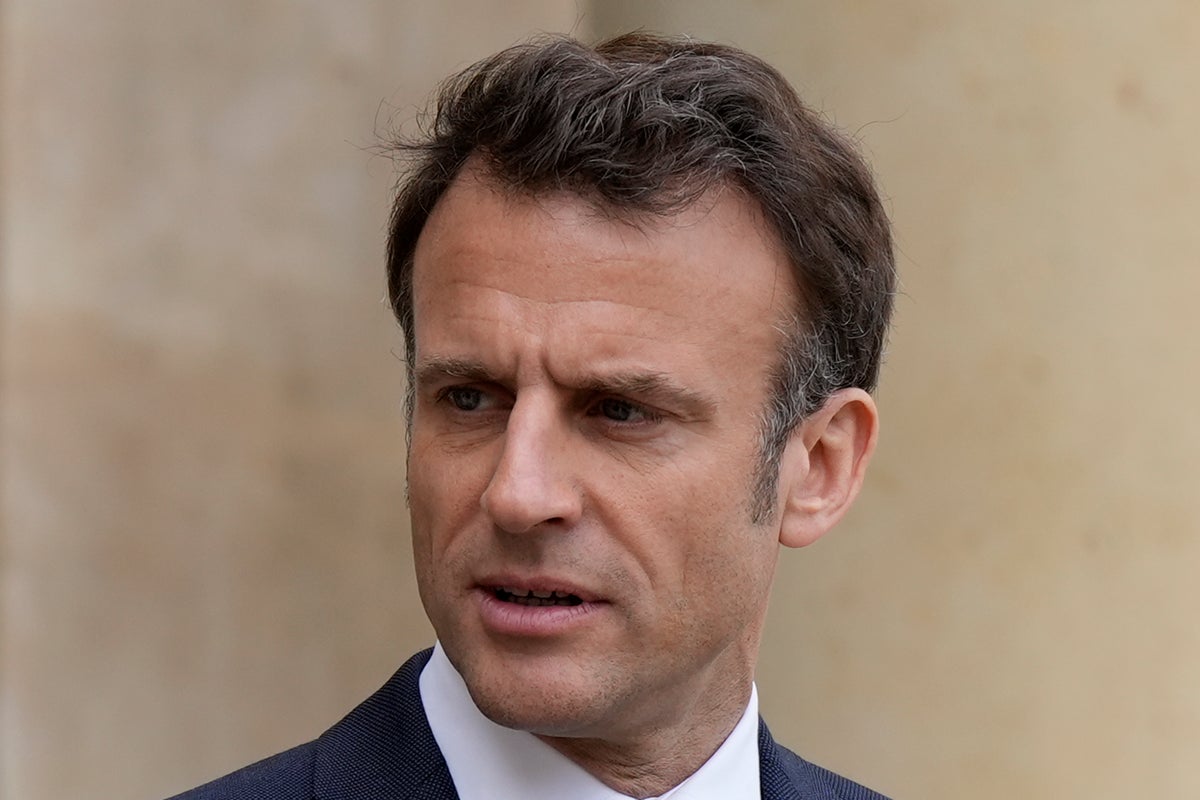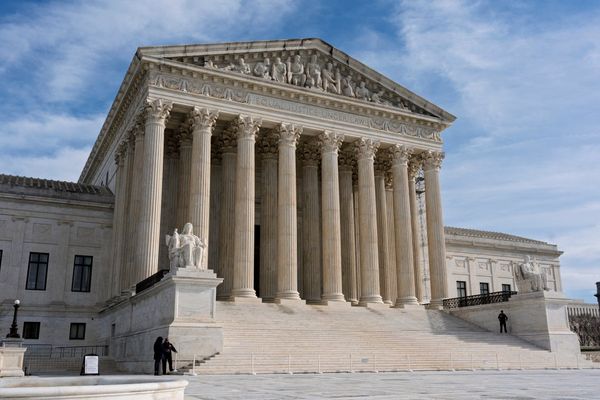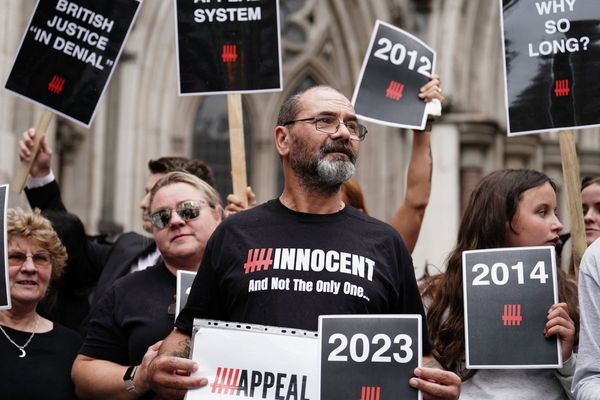
French President Emmanuel Macron is aiming to calm public anger that threatens the ambitions of his remaining four years in power with a first televised address to the nation on Monday since he enacted protest-igniting pension reforms.
The evening address kicks off a likely arduous battle for the second-term president to repair the damage done to his public image and legislative plans by forcing through an increase in France’s retirement age from 62 to 64.
Opponents of the unpopular reform called for people to bang pots and pans outside government offices during the address, with the rallying cry: “Macron won't listen to us? We won't listen to him!”
Weakened in parliament, where his camp lost its absolute majority in legislative elections last year, Macron's government needs to reconstruct alliances of lawmakers to push ahead with his legislative program. That's likely to be an uphill task in the uproarious climate of protest sparked by his retirement changes that pick at France's cherished social safety net.
Labor unions that have been at the forefront of protests, mobilizing millions of marchers in 12 days of nationwide demonstrations and strikes since January, are vowing to fight on. They called for another mass protest on May 1, which is International Workers’ Day.
The pension changes were enacted into law Saturday, after months of upheaval, the day after the country’s constitutional body rejected some parts of the legislation but approved the higher minimum retirement age.
That key change — central to Macron’s plan and the focus of opponents’ protests — was intended to be a showcase measure of Macron’s second term. But it has come at significant cost to Macron: Opinion polls show the president’s popularity has plunged to its lowest level in four years.
His government argued that requiring people to work two years more before qualifying for a pension was needed to keep the pension system afloat as the population ages. Opponents proposed raising taxes on the wealthy or employers instead.







